1. How do I get my fragrance to last during the day?
The high dosage of Habibi fragrances means that our perfumes will last at least eight hours, but one way you can help boost the scent is by starting with moisturized skin and layering fragrance on both skin and clothing or hair. Many Habibi perfumes are also available in a body cream or beard oil, or you can use an unscented lotion if you prefer.
2. How long does a fragrance last? How do I keep my fragrances in the best condition possible?
Once you have found your perfect Habibi perfume, you’ll want to protect it from going off. Fragrances last best in the same conditions that you would keep a bottle of wine – in other words, in a dark, cool place where they are protected from temperature fluctuations, humidity, and UV. Not surprisingly, therefore, while the bathroom is the most common place people tend to keep their fragrance collection, it’s also the worst.
Each Habibi fragrance is beautifully packaged in a heavyweight box which will protect the bottle from the light, so don’t throw it away! Some people even like to keep their favorite fragrances in the refrigerator, which will protect them as well as create a refreshing way to wear your fragrance on a hot day. If you treat your new fragrance with a little care, you can expect it to last for at least a year (and very likely longer).
3. What is fragrance dosage and why does Habibi last longer than other brands?
The way fragrances are categorized is by dosage – in other words, what percentage of the “juice” is made up of the fragrance oil. Within the industry, lighter fragrances that use 1-5% oil are usually called body mist; eau de cologne can range between 3-8%, while eau de toilette can be anywhere between 5-10%. The stronger fragrances are eau de parfum (anywhere between 8-15%), parfum (15-25%) and attars (usually 100%). Because there is no industry standard or set legal rules, however, a brand can produce a product and label it as an eau de parfum when it only contains 8% fragrance oils, or even less. This means that you’re paying a premium for alcohol and water and not the materials that actually smell beautiful.
Habibi fragrances are exceptional in their use of very high dosage – all fragrances are minimum 25% and some are 30% dosage. This means that it will last longer on the skin, have a bigger presence, and that you can use less overall.
4. Why do fragrances smell different on me than on someone else?
So your friend bought Oasis Oud and it smells amazing on her, but then you try it and you’re less than impressed? Not to worry! Skin temperature and pH, oils, and even your diet will affect your skin chemistry, which interacts with the fragrance to change the way it smells through the day. Every bottle of Habibi comes with a sample for you to try – wear it on skin for a few days and if it’s not right, you can exchange for something that suits you better.
If you do want to borrow a fragrance but you know it doesn’t work with your skin chemistry, you can also spritz on a scarf or piece of clothing – this way, you can enjoy all the scents you love.
5. Are your fragrances natural?
Our fragrances include some of the most highly sought-after materials on the market, such as oud, jasmine, iris, and sandalwood. These are complex, beautiful ingredients that are expensive, difficult to source, and come from all around the world. Many of these have been used in perfumery for thousands of years and help create some of the beautiful fragrance we know and love.
Synthetics, however, aren’t a bad thing. Ingredient notes like leather and musk are created using synthetics so that you can have certain types of perfume without cruelty to animals. It also allows the perfumers to show a wider range of fragrance styles, since many smells cannot be harvested from nature – most fruits, for example, don’t yield enough oil to be used in fragrance. Natural materials can also contain aromatic compounds that can be irritating on delicate skin, so perfumers create accords or synthetics which mimic the smells found in nature while being safe and gentle.
There are also ‘nature identical’ synthetics, which are the same chemicals found in nature. Vanillin, for example, is one of the aromatic molecules that naturally occurs in vanilla to give it its beautiful, distinct smell. Producing materials like this in the lab means that it can be added to fragrance alone or alongside natural vanilla to amplify the scent and make something even more complex and long-lasting. Finally, using synthetics allows a perfumer to create ‘fantasy accords’ – in other words, to use their creativity and invent a smell for things that don’t actually have a scent in nature.
6. How is a fragrance made?
The process of creating a new fragrance is long – usually about a year. First, the brand directors will create a brief: a description of what they would like the new fragrance to be like. Fragrance houses and perfumers will create something which they feel best answers the questions raised in the brief: who will be wearing it? What story should it tell? What ingredients will it include?
The perfumers will submit their creations and once a few top contenders are selected, Habibi will work with the fragrance house to refine the perfume until the perfect one is created. A fragrance is an artistic process that requires both the brand and the perfumer to understand
7. What are fragrance families
You’ll see that Habibi fragrances are categorized by type, or family, such as citrus, woody, floral, etc. This refers to the most prominent notes in a fragrance and helps give a sense of what the overall scent is like. Some of these categories are fairly straightforward, while others (such as amber, gourmand, or fougère) are a little more obscure and often come from the names of historical perfumes.
Habibi has fragrances in most of the families, so if you’re not sure which one is right for you, think about everyday scents you already enjoy – do you prefer rich, seductive jasmine or a clean, fresh grapefruit? You can also take the Habibi quiz to see what fragrance best suits your lifestyle and tastes.



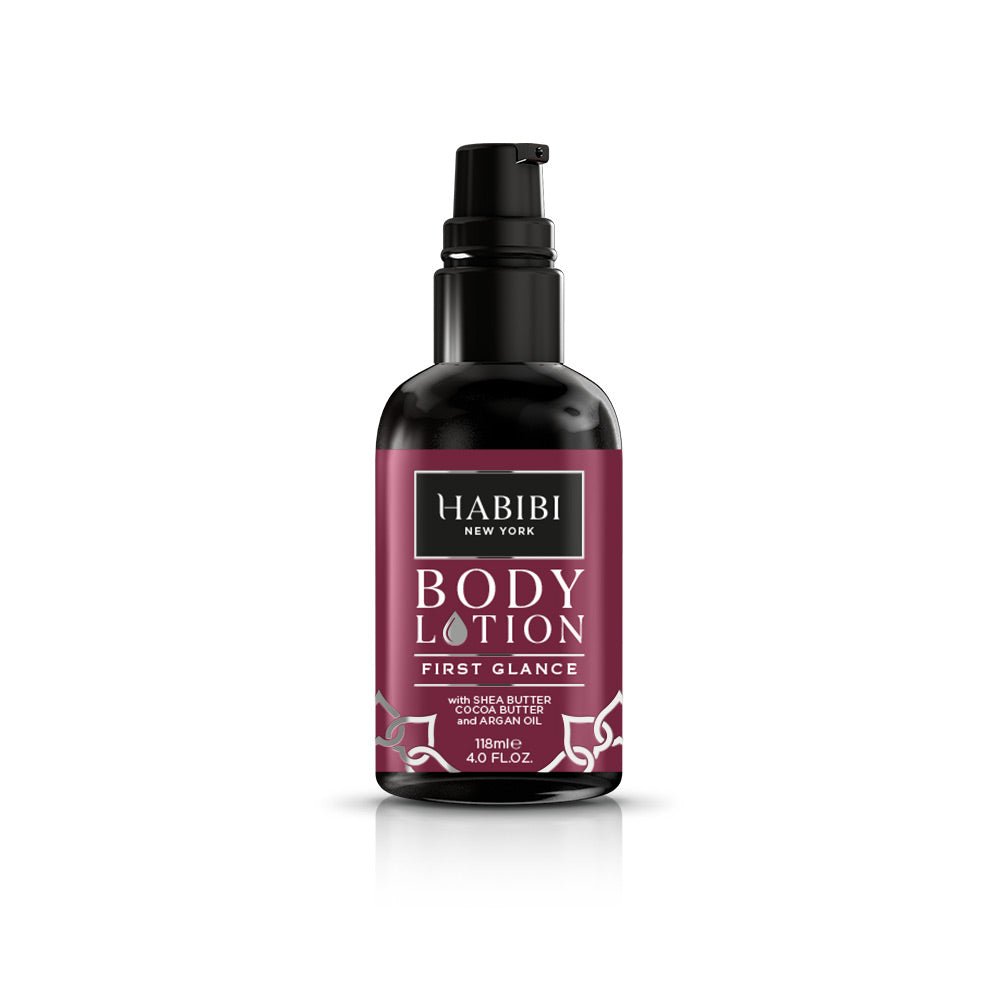
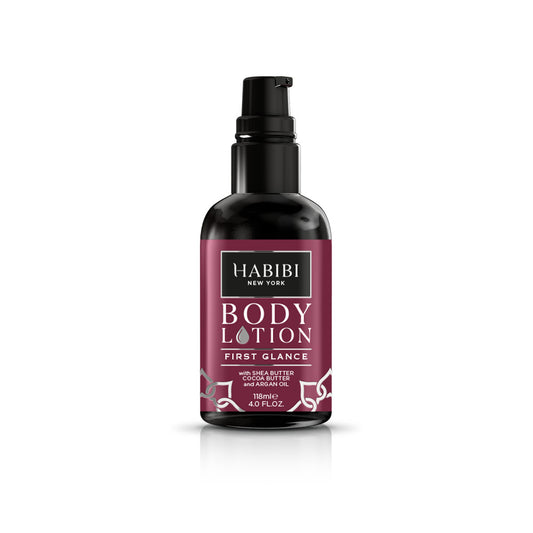
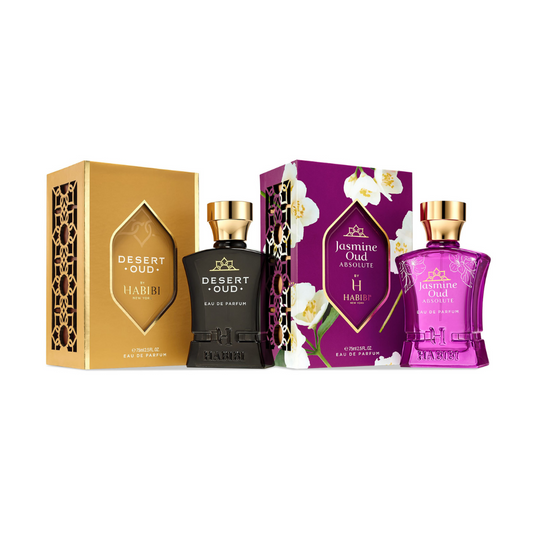
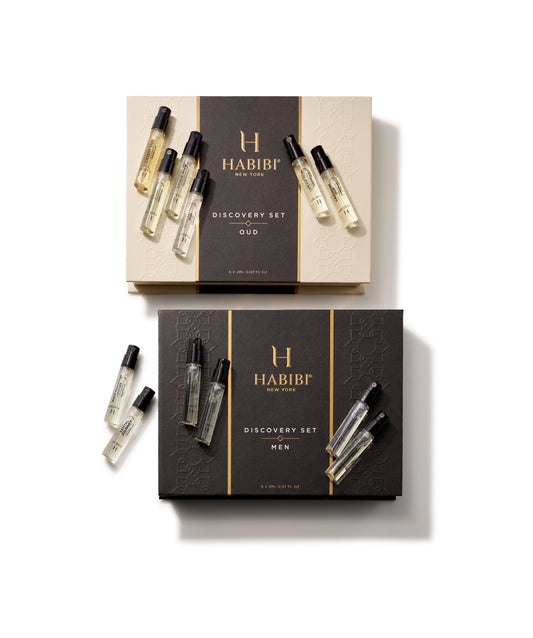
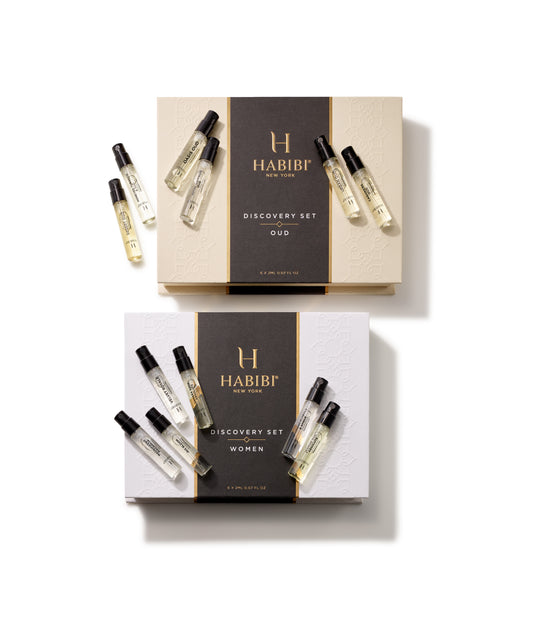
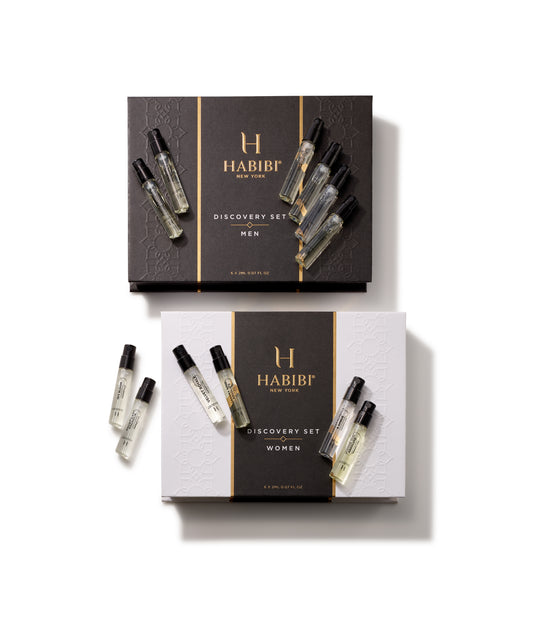
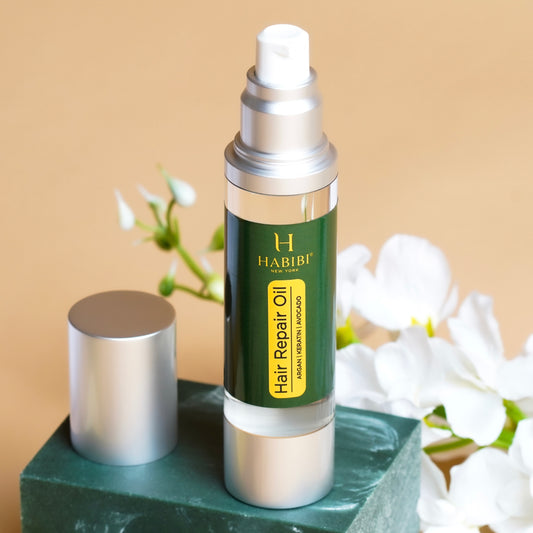
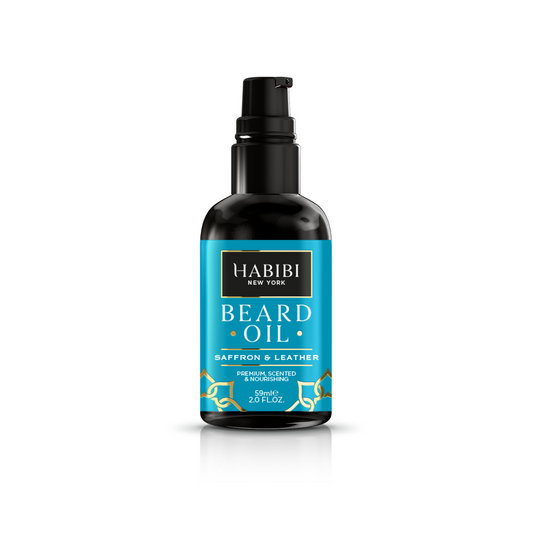
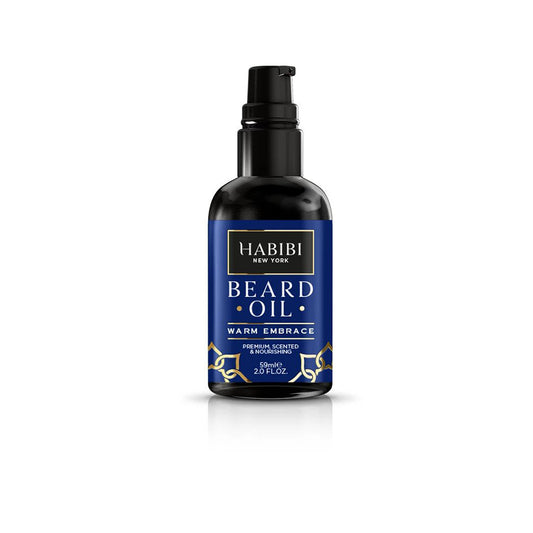
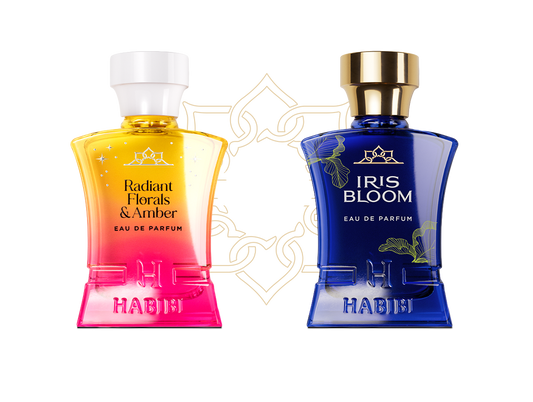
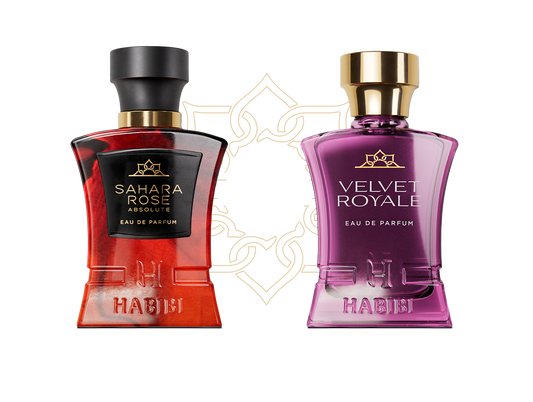





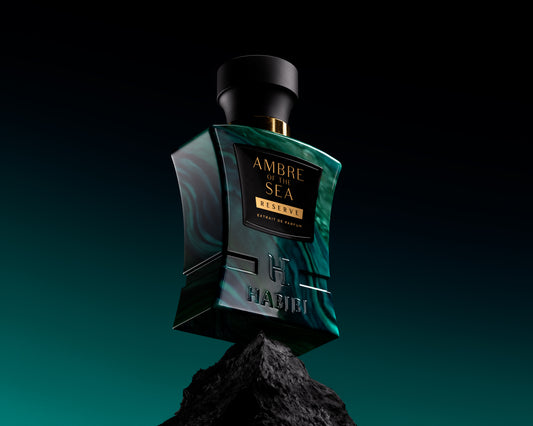
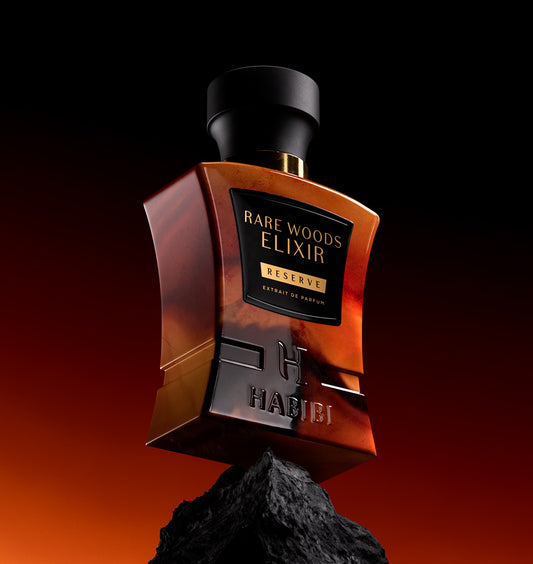
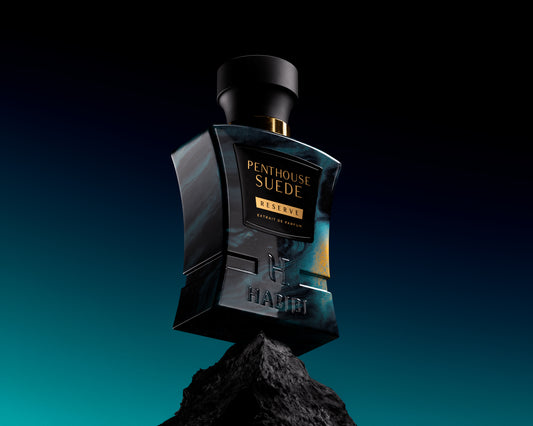
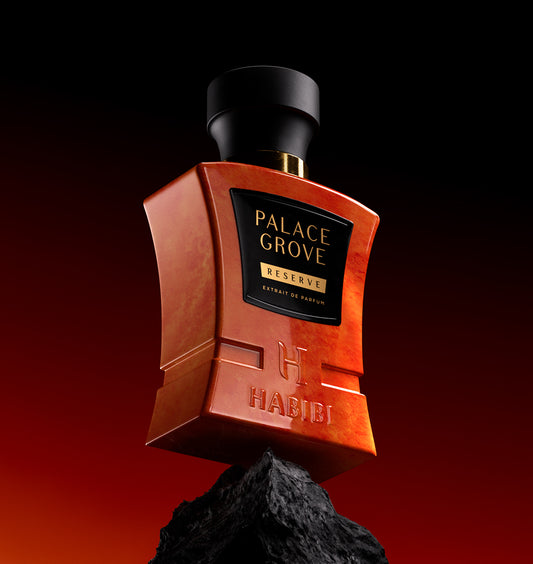

Leave a comment
Please note, comments need to be approved before they are published.